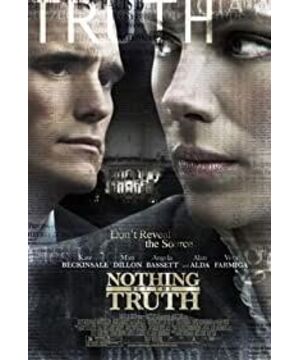I don't know much about the American judicial system, politics, and the media, but I think there's something wrong with the reporting by female reporters.
First, in what she reported, only the fact that the ambassador's wife is a secret agent has been verified. It's okay to be a secret agent and it doesn't bother you. Why do you write it?
Second, even if you clearly know that the agent has written a report, you can't be sure whether the report is true or not. It may be the personal opinion of the agent. You can't condemn the president's decision for this, and you can get Pulley by reporting a fact that can't be verified. The policy award is a grandstanding. What is the difference between this and so many editors who rely on gossip and bloggers?
Third, she didn't consider the consequences of such a big event. She didn't know the consequences of herself, others, or what she did. She was ignorant. You don't need to be sentenced for ignorance, but you will be punished if you are ignorant enough to cause destruction
Fortunately, she protected the little girl, of course, the little girl would be better off without her.
View more about Nothing But the Truth reviews











